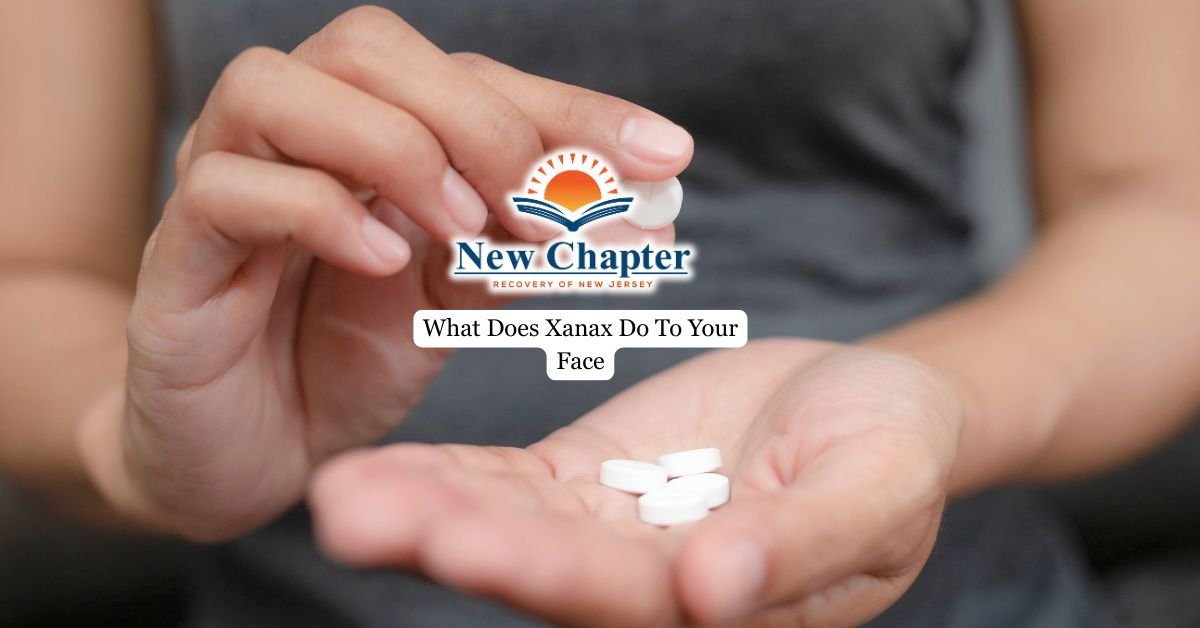Addiction denial is a common and complex barrier that many individuals with substance use disorder face. It prevents them from recognizing the reality of their addiction and seeking the help they need. It comes in many forms and varies in severity, making it difficult for people suffering from Substance Use Disorder (SUD) to move toward recovery.
In this article, we explore the stages of addiction denial, what they look like, and how understanding these stages can provide a path toward lasting sobriety and successful treatment.

What is Addiction Denial?
Denial in addiction is a psychological defense mechanism where an individual refuses to accept the reality or severity of their substance use. This protects the addict from confronting the painful consequences of their behavior.
People with SUD often minimize or ignore the impact of their condition, which hinders the recovery process. Understanding the different phases is crucial in helping someone move through the walls of denial and toward acceptance, making it easier for them to engage in rehab, recovery programs, or professional help in an addiction treatment center.
The Stages of Addiction Denial
This defense mechanism does not occur as a single, fixed event but progresses through identifiable stages. These vary in intensity and type, such as type A denial, which involves minimizing the problem, and type B denial, where there is more absolute nonacceptance about their dependence. Recognizing these phases can help loved ones, healthcare providers, and specialists tailor interventions to meet the affected individual where they are in the recovery journey. Navigating these points effectively is a critical step toward sobriety.
Minimization
The first stage often manifests as minimization, where the user downplays the severity or frequency of their substance use. They might say things like, “I can stop anytime,” or “It’s not that bad,” as a way to protect their self-esteem and avoid judgment.
This attitude often hides the early signs of the condition and can delay getting the help necessary for treatment. Minimization is a coping strategy that allows the person to maintain control of their cravings and compulsions and avoid uncomfortable truths about their behavior and its consequences.
Rationalization
Rationalization is where people with SUD justify their continued substance use with logical-sounding but false explanations. Phrases such as “I need it to cope with stress” or “Life is too hard right now” are common rationalizations.
This stage allows them to ignore the consequences of their relationship with drugs or alcohol by blaming external factors while holding on tightly to their substance use pattern. Rationalization supports continued use and can keep the individual stuck, reluctant to seek SUD treatment or explore the reality of their condition.
Projection
In the third stage, they begin projecting responsibility for their compulsive consumption of addictive substances and their consequences onto others. They blame family members, work pressures, or societal problems rather than their own substance use.
This projection damages relationships and obstructs accountability, which is essential for recovering control over their compulsions. Projection serves as another defense that “shields” the user from facing the reality of their addiction and the need for change. Recognizing this part allows loved ones and professionals to approach interventions with compassion and understanding.
Avoidance
Avoidance is the fourth, where discussions or situations that might reveal their substance use or the problems it causes are avoided. They may refuse to talk about their dependence on substances or resist attending treatment programs or support groups.

Avoidance prolongs the refusal to tell the truth and delays the rehabilitation process. It keeps them from confronting the reality of their predicament and the consequences it brings. Overcoming this avoidance is a critical step toward moving into acceptance and beginning the path toward sobriety.
Defensiveness and Anger
These often follow confrontation about the addiction and involve defensiveness and anger. They may respond with hostility, claiming “You don’t understand me” or “I’m not the problem.” Such reactions make it difficult to have open conversations about substance abuse and can push loved ones away.
Defensiveness and anger serve as barriers to seeking professional help and engaging in treatment programs. Understanding this stage as a form of fear and vulnerability can help those supporting the individual respond with patience and empathy.
Acceptance and Acknowledgment
The final stage is when the person with SUD begins to accept and acknowledge their problem. This point marks a crucial step toward healing, as the individual becomes willing to seek help and participate in rehab or treatment programs.
Early signs of acceptance might include openly talking about their substance use, showing interest in sobriety, and exploring treatment options such as a 12-step program or other professional support. This requires encouragement and support from loved ones and professionals to guide the individual on their journey towards acceptance and long-term recovery.
How to Help Someone Experiencing Denial
Helping someone move through the phases of denial requires compassion, patience, and strategic communication. It’s important to approach conversations without judgment and to listen actively.
Using motivational interviewing techniques and encouraging participation in support groups or professional treatment centers can be powerful tools. Families should educate themselves about SUD and consider consulting treatment providers to find the best recovery programs for their loved ones. Recognizing its signs and providing steady support can make a significant difference in navigating these stages and moving toward lasting recovery.
Final Thoughts from New Chapter Recovery
Understanding the stages of addiction denial is essential for anyone hoping to support a loved one struggling with substance abuse. These stages, from minimization and rationalization to avoidance and eventual acceptance, represent the journey many addicts take before committing to sobriety and treatment.
Our outpatient treatment programs at New Chapter Recovery offer a supportive and flexible environment where individuals can begin to confront and overcome their substance use at their own pace. Our programs in NJ provide therapy, counseling, and coping strategies tailored to guide a person struggling with SUD through the challenging journey from denial toward acceptance and long-term recovery, helping individuals move forward to embrace sustained sobriety, meaningful lifestyle changes, and lasting healing.






